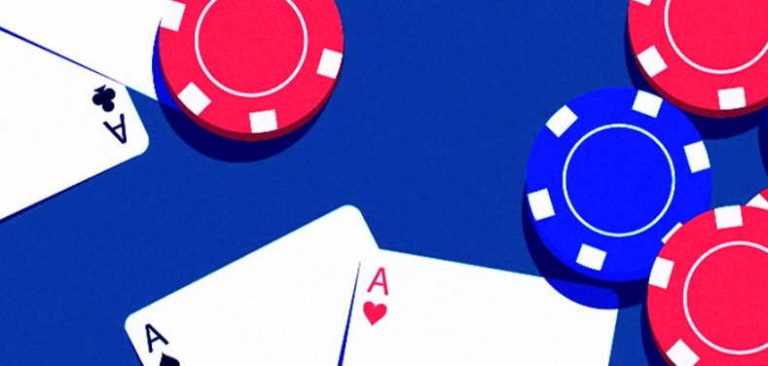No one awakens one day and chooses to end up being a betting addict. Betting typically starts as a leisure activity – it’s a method to hang around with pals while delighting in the game and the enjoyment of the possibility to win a couple of dollars.
Leisure bettors normally stay with a money and time budget plan. When they reach their limitation, they stop and carry on to the next activity. So does gambler ever stop.
Not so for the pathological bettor. Gaming addicts are not actually all that thinking about winning or losing. Their primary objective is to remain in action as long as possible

That action increases the levels of particular chemicals in their brain, mostly dopamine and adrenaline, and those chemicals trigger the bettor to rejoice and fired up.
These are the exact same brain chemicals that are triggered by drug usage. What do you that think can a gambler change?
Utilizing modern-day imaging tools, we see that brain scans of bettors in action appearance almost similar to brains that are high up on drug. Winning is great since it supplies cash to extend the gaming action.
Cash represents absolutely nothing more than the fuel to keep the gaming going and the action keeps whatever uncomfortable ideas and sensations that the bettor is looking for to leave, at bay. It is difficult living with a gambling addict

There are normally numerous unique stages of betting dependency: the winning stage, the losing stage and the desperation stage. As the illness advances from winning into losing and desperation, bettors typically rely on criminal activity to money their dependency.
They will lie and take from those near to them – household, pals, spouses, better halves, moms and dads and kids. Some bettors eventually rely on suicide.
Bettors try suicide at a rate that far goes beyond that of nearly any other scientific population. Forty-eight percent of bettors in treatment in Oregon have actually had self-destructive ideas and 9 percent have actually made suicide efforts.





